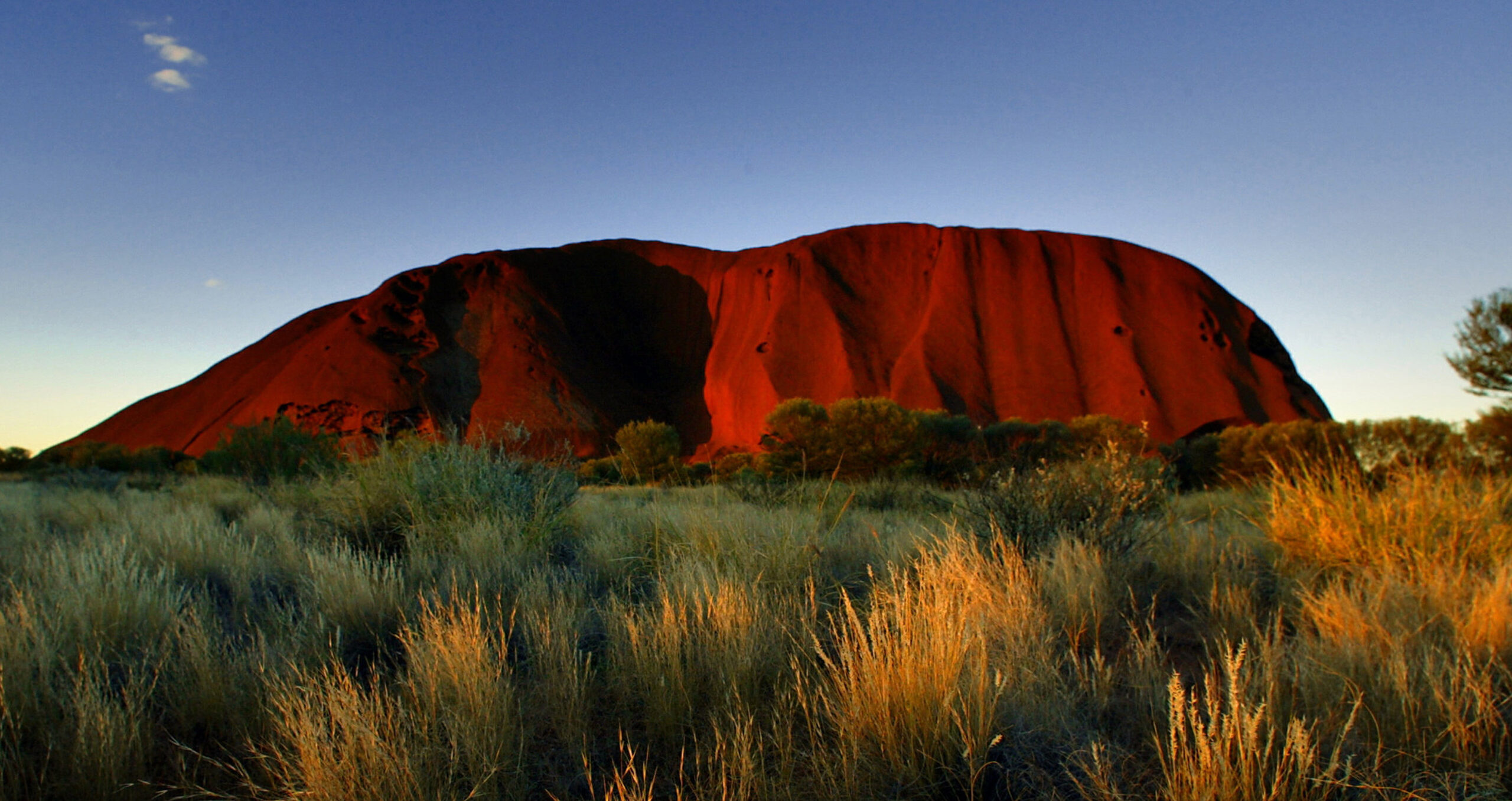

Criticism of Australia’s carbon offset scheme offers guidance on what not to do, as the integrity of carbon markets is questioned.
For Australia to meet its long-term climate targets, the success of the country’s carbon credit scheme will be vital. The government is relying on the contribution of both domestic and international carbon offsets to account for up to 20 per cent of emission abatements on the path to net zero. In this sense, Australia is not alone. The global growth of carbon credit markets underscores the important role they are playing in tackling the climate emergency.
“The world has a huge challenge in meeting the carbon reduction targets which are required to address the concerns [highlighted] by the Intergovernmental Panel on Climate Change’s most recent research. The reality is that for many organisations to meet their emissions targets, they won’t be able to do that without some sort of abatement or offsetting,” says David Howard-Jones, a partner in Oliver Wyman’s global finance and risk practice, commenting on the IPCC’s report issued in April.
Obtaining credit
The creation of the Emissions Reduction Fund in 2015 crystallised Australia’s largely voluntary carbon market, in which businesses, landholders and others can obtain Australian carbon credit units (ACCUs) by engaging in eligible projects to reduce emissions. For each tonne of carbon dioxide either stored or avoided, one ACCU is earned. These units are acquired through reverse auctions and then either sold back to the country’s Clean Energy Regulator, which oversees the ERF, or on to a small but growing secondary market.
The carbon credit scheme has been expanding swiftly: in 2021, 17 million ACCUs were issued, representing an expansion of 6 per cent since 2020, while the number of ERF project registrations climbed to 198 in 2021 from 157 in 2020, according to Clean Energy Regulator data.
“I think at the highest level, Australian carbon credit units are seen as a credible science-based approach to carbon offset. The emissions reduction fund has been a really important part of building a carbon market in Australia,” says Oliver Kerr, a partner in Oliver Wyman’s energy and natural resources practice in Australia.
How real are cuts?
In recent days, however, the ERF has been the subject of heavy criticism. Andrew Macintosh, an academic at the Australian National University and a former head of the Australian government’s Emissions Reductions Assurance Committee, labelled the country’s carbon credit scheme a “sham”, and said most credits issued were not based on real or new cuts in greenhouse gas emissions.
According to four academic papers, published by Macintosh and other colleagues in March 2022, the methodologies Australia employed to issue carbon credits had “serious integrity issues, either in their design or the way they are being administered”.
The research pointed particularly to the use of “human induced regeneration” (HIR), in which carbon credits are issued to landowners for the regrowth of forests in previously cleared areas, as a key failing. Of the 119 HIR projects analysed, it said no forest growth was recorded, while in 59 of them, total forest area actually reduced.
The Clean Energy Regulator has said it will investigate the studies, although it rejected the assertion that between 70 and 80 per cent of carbon credits issued were “worthless”. The regulator also said the projects it manages are carefully monitored.
Hard questions
The criticisms being levelled at Australia’s carbon market are not isolated events but form part of a wider movement globally to raise the bar on the development and rollout of carbon credit schemes. In 2021, high-profile environmental campaigners levelled accusations of greenwashing against the Taskforce on Scaling Voluntary Carbon Market, a global initiative to develop a blueprint for carbon offsetting, led by former Bank of England governor Mark Carney. This led to the creation of the Integrity Council for the Voluntary Carbon Markets.
“I think this is an important conversation that people are having about carbon offsets around the world, and it’s not specific to the Australian context. People who are buying carbon offsets and relying on carbon offsets to meet their commitments are naturally asking really hard questions,” says Kerr.
Similar Articles

In Brief: EU parliament rubber-stamps CSDDD; US imposes strict rules on carbon pollution from power plants

UK Climate Change Act remains legally sound 15 years on, experts say


